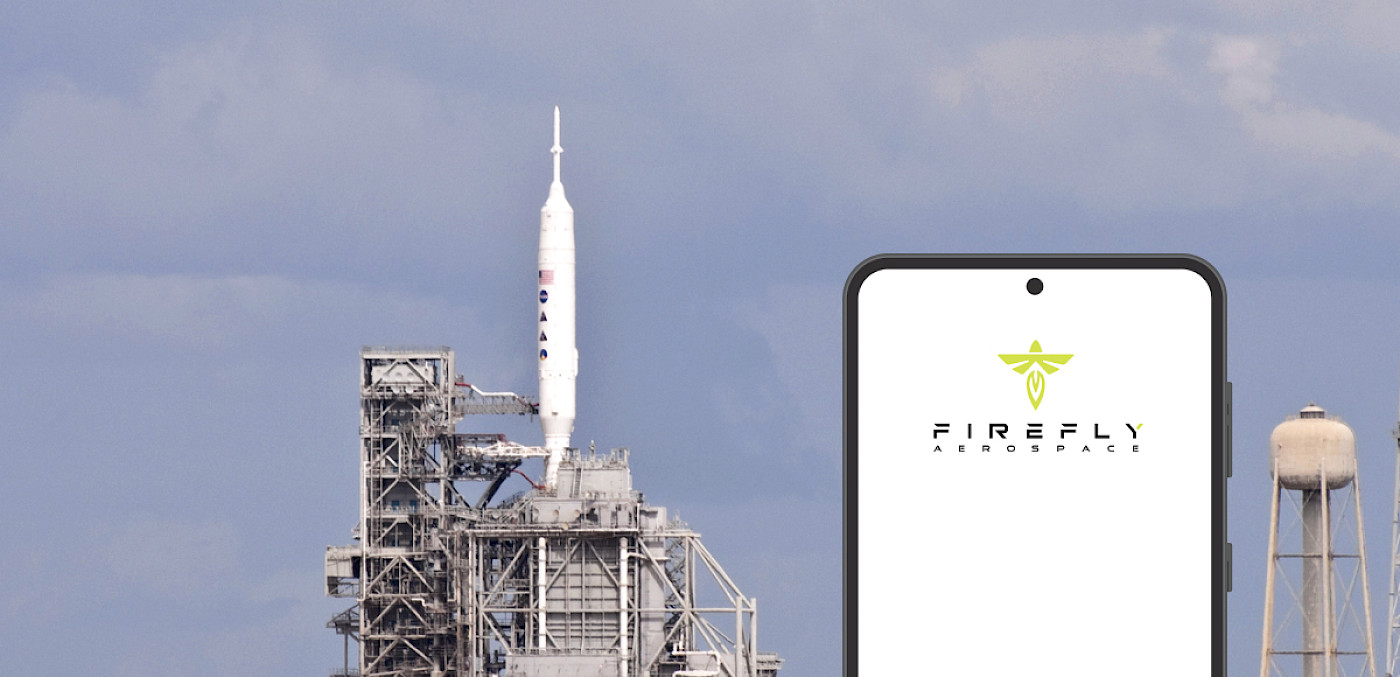In the past year, the media has relentlessly chronicled the commercial space race between Jeff Bezos’s Blue Origin and Elon Musk’s SpaceX. But there are other private companies engaged in aerospace innovation with far reaching implications for consumers and investors alike.
On Oct. 1, Firefly Aerospace reached orbit for the first time with its Alpha rocket. Standing at 95 feet tall, the Alpha is designed to launch as much as 1,300 kilograms of payload to orbit – at a price of $15 million per launch. Firefly is building out additional product lines including its “Blue Ghost” lunar lander. In an interview with CNBC, Firefly CEO Bill Weber said the first Blue Ghost mission to the moon is scheduled for May 2024.
Meanwhile, Boom Supersonic is making progress toward development of the world’s fastest passenger jet, the Overture, and Beta Technologies is developing the first electric-powered commercial aircraft for use in the cargo and logistics industries.
In recent weeks, American Airlines, United Airlines and Japan Airlines have announced agreements to purchase Boom’s supersonic jets, which are being designed to fly at 1,300 miles per hour, more than double the speed of conventional jetliners. Boom Supersonic has been aiming for the jet – which will run on sustainable biofuel – to roll out in 2025 and carry its first passengers in 2029.
Beta Technologies has been steadily expanding its operations to build an electric-powered plane for the cargo and logistics market as well as a network of specially designed charging stations to support the aircraft. In April, the company announced the close of a $375 million Series B funding round, bringing total venture funding to nearly $800 million.
These are companies investors that are interested in the aerospace sector may want to keep an eye on in the months and years to come.
Closer to earth, TripActions, the corporate travel management company, reportedly filed confidential paperwork with the SEC to go public next year at a value of $12 billion, according to Business Insider. That’s a welcome sign for investors in the company, given past setbacks for the travel industry caused by the Covid-19 pandemic, and it’s just the latest evidence that the frozen IPO market may be thawing out.
Delivery company Instacart and foodtech startup GrubMarket are reportedly in discussions to potentially go public. Just last month, Instacart announced a new delivery partnership with Lowe’s Home Improvement, while GrubMarket announced a new $120 million equity backing.






